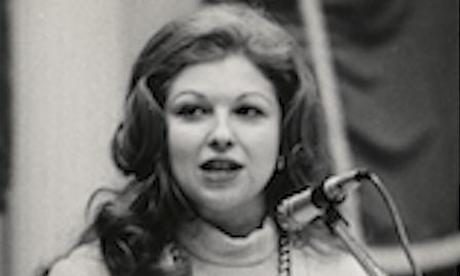When Flip Benham opened an office of his antiabortion group next door to an abortion clinic that employed Norma McCorvey, the two saw each other through the cliches of their respective ideologies.
McCorvey, also known as “Jane Roe” of Roe v. Wade, saw Benham’s group as “vicious, mean-spirited, fire-breathing, sanctimonious, self-righteous, bigoted hypocrites,” she would later write.
Benham, a minister, told the New York Times that he was setting up shop “at the gates of hell.”
Those “hypocrites” had already driven an abortion doctor out of Dallas and shut down another clinic in the city. And what Benham called the “gates of hell” was the employer of the woman better known by the pseudonym she used in the Supreme Court case that made abortion legal.
Almost no one expected McCorvey and Benham to stay neighbors long.
Absolutely no one expected that before 1995 was over, they would call each other friends.
Nor that their meeting would lead McCorvey to spend the rest of her life — which ended Saturday — as an opponent of the movement she once symbolized.
A high school dropout whose Supreme Court victory came too late for her to have the abortion she wanted, McCorvey was working as a marketing director at A Choice for Women in north Dallas that spring.
After years of semi-anonymity, she had just released a book called “I Am Roe,” and was somewhat awkwardly assuming the role of a public figure.
Like most in Dallas’s antiabortion circles, she knew Benham and his group, Operation Rescue, by infamy. Operation Rescue had protested a nearby clinic every day for six years — until the clinic shut down.
The group relocated its headquarters to the suite beside A Choice for Women, in March 1995. “The Lord has given us this place right next door where they’re killing little boys and girls,” Benham told the Dallas Morning News on move-in day.
McCorvey phoned police twice before noon. Continue reading
Sources
- The Washington Post, article by Avi Selk, a general assignment reporter.
- Image: US Weekly
News category: Features.




